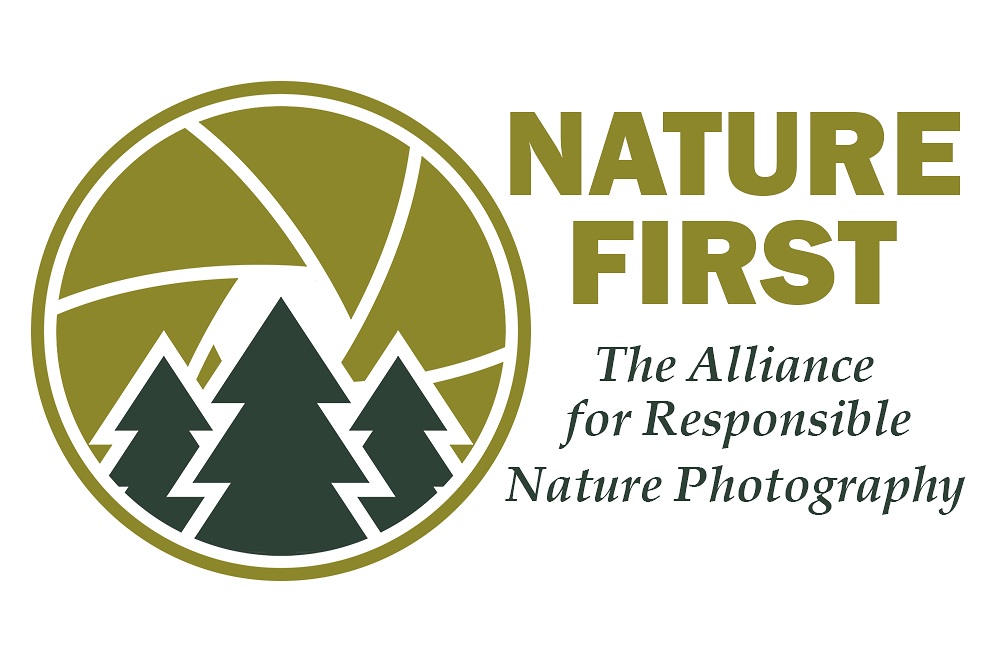Conkers
by Alex White
Conkers have always been a part of my childhood. In primary school I remember being shown how to put string through the conker so we could spend the whole of break and lunch playing ‘Conkers’.
However within the last week the IUCN (International Union for Conservation of Nature) now classified the Horse Chestnut on the ‘vulnerable’ to extinction list in Europe.
Horse Chestnut trees are declining because of disease and the rise of an invasive moth. Young saplings only survive three to five years before they are killed by the leaf-miner moth. Mature trees aren’t as susceptible.
CONKER is one of the words in Robert Macfarlane and Jackie Morris’s book ‘The Lost Words’ with a beautiful poem to go with it.
A huge Horse Chestnut tree watches over my local badger sett. Stick, Arrow, Pirate and the rest of the clan forage under the shelter of its branches.
I noticed that quite a few of the conkers had been eaten. Although they are poisonous to humans and dogs, deer and squirrel eat them. I’m presuming by the way these were peeled that they were eaten by a squirrel.
I couldn’t make it down to London today to Chris Packham’s #HS2NoThankYou peaceful protest, so I collected a few conkers to plant in pots in my own garden. I’ve been doing this with acorns for a number of years and now have roughly 30 oak saplings ranging from a few centimetres to over a metre tall. I’m hoping that in a couple of years my oak saplings will be joined by some Horse chestnut ones (if they survive).
Read the full story here
© Alex White 2019











We used to play conkers at school many moons ago. Some of the kids swore that soaking them in vinegar overnight toughened them up, made them last longer in conker fights.
They were part of my childhood too, we lived in the village where the World Conker Championships were held until recent years. I too am sad to think our beautiful Horse Chestnuts are under such threat. We’ve lost Elms, Ash too is in danger and Larch in some places. All is no longer well in our woods.